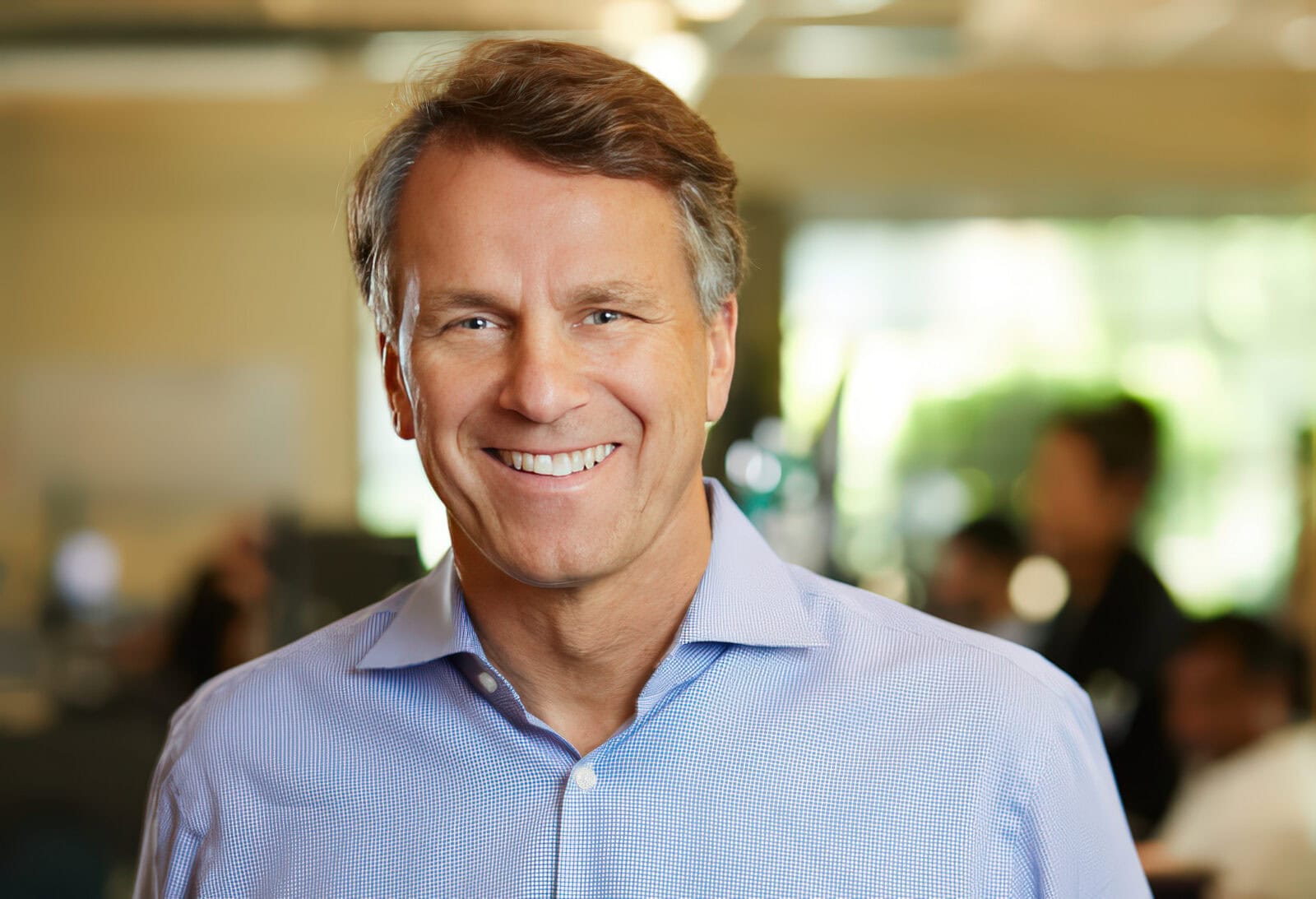$1 billion commitment: Glen Tullman pledges most of his fortune to philanthropy, championing human-centered healthcare innovation

Glen Tullman, CEO of Transcarent and founder of Livongo, has publicly reaffirmed his intention to donate the majority of his $1 billion net worth to philanthropic causes, with a particular focus on transforming healthcare access, empowering patients, and accelerating cures for chronic conditions.
Long considered a visionary in digital health, Tullman’s commitment reflects not just financial generosity, but the deeply personal and humanistic values that have guided his career.
Raised in a working-class neighborhood near Chicago as the youngest of six children, Tullman credits his upbringing—and especially his parents’ emphasis on education, empathy, and resilience—for shaping his worldview. He pursued degrees in economics and psychology before supplementing his academic grounding with an anthropological study at Oxford.
That wide-ranging liberal arts education, he often says, gave him the lens through which he approaches healthcare: as a deeply personal, social, and behavioral experience, not merely a transactional one.
Friends and colleagues describe Tullman as relentlessly curious and “mission-obsessed.”
He has a reputation for blending startup agility with big-picture systems thinking, always advocating for the patient.
“He’s a builder,” said one longtime collaborator. “But what sets Glen apart is that he’s building for someone—usually the person most overlooked by the traditional healthcare system.”
His entrepreneurial ethos was tested—and ultimately galvanized—by the diagnosis of his son, Sam, with type 1 diabetes.
That intimate experience of navigating a fragmented, often frustrating care system inspired Tullman to found Livongo, which pioneered AI-enabled digital care solutions for people with chronic illnesses.
The company was acquired for $18.5 billion in 2020, one of the largest digital health deals in history.
Together with his ex-wife, Trish, Tullman has already donated more than $10 million to diabetes research and advocacy.
But insiders suggest his next chapter in philanthropy may be even more expansive, leveraging his wealth, network, and platform to support novel patient-centric models, equitable access to care, and mentorship for diverse founders in health-tech and biotech.
Tullman is also a prolific advisor and board member for health nonprofits and patient-advocacy organizations.
He frequently speaks about the need to reframe healthcare around three essential values: empathy, accountability, and trust.
“If we applied those values consistently,” he said at a recent summit, “we’d fix most of what’s broken in American healthcare—and a lot of what’s broken in business.”
A self-described “sports nut,” Tullman draws frequent parallels between team dynamics and leadership.
He follows college athletics with the zeal of a lifelong fan and often mentors younger founders the way a coach would guide rising players.
Now in his 60s and more energized than ever, Tullman is doubling down on purpose. His philanthropic plans, he says, will go beyond check-writing.
“The best giving is active,” he said in a recent interview.
“It’s rolling up your sleeves. It’s being accountable. And it’s standing with people who are trying to solve the unsolvable.”
In a field often driven by quarterly profits and faceless systems, Glen Tullman continues to lead with something rarer: heart.

